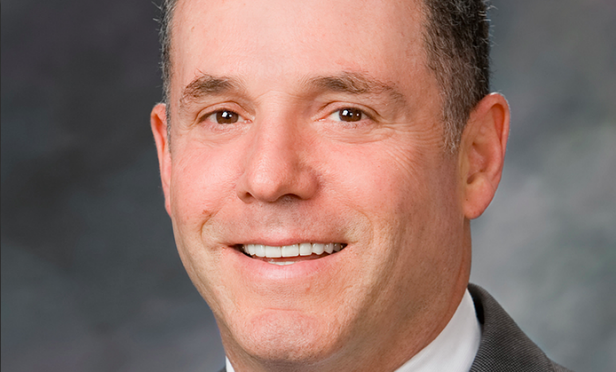
The trend toward creative office concepts—even for non-creative industries—is leaving traditional companies wondering how to adapt. While the real estate narrative assets that all millennials want open floorplans and amenitized office space, that isn't true for all millennials. Steve Bay, vice chairman at CBRE, recently sat in on a class of law students discussing whether they wanted a large corner office or an open format. One student said it was more accurate to ask: Would you rather work at a traditional firm or in the legal department at a tech firm? A tech firm's legal department is going to be more open plan. The question is hard to answer, and only time will tell. For law firms signing 10 to 15 year leases, however, need an answer sooner than later.
“By 2030, 75% of the work force will be millennials. The composition of their workforce is going to change dramatically over the next 10 to 15 years. So, they are trying to figure out what to do,” Bay tells GlobeSt.com. “Do they build private offices when by 2025 the space may be obsolete, or do they build private offices in anticipation and risk losing lawyers today that haven't adjusted to the new workspace. It is a difficult decisions when to make a mistake can potentially be fatal. They err on the side of being conservative and really adhering to what is traditional.”
For law firms, the issue is complicated. Many law students, especially those recruited by high-level firms, are focused on achieving goals and earning prestige in their industry. “The biggest and best law firms are recruiting from the biggest and best law schools. They don't come into the workforce focused on the office space, they are looking at accomplishing their next challenge and goal. Often times, that is a private office,” says Bay. “We thought that millennials will all want to work in an open plan, and I think that you will see it with first and second year associates that need to work in a group. I don't think that you will see it with the senior partners. That is a design change that you are seeing a little bit.”
Law firms spend millions of dollars to build out their space, so the stakes are high. To increase the risk, lease terms often exceed 10 years. “Law firms typically spend a lot of money building out their space, so they are making a long lease commitment,” explains Bay. “The biggest challenges for law firms is that they are signing 10 to 15 year leases, and I have clients that are negotiating leases for 2020 and they are going to be in that space until 2030 or 2035.”
Bay's advice to law firms grappling with this issue is to remain as flexible as possible. “You have to try to be as flexible as possible and build space that can be adjusted for as little money as possible,” he says. “That is why firms are moving to a single-size space because it is more flexible.”
© Touchpoint Markets, All Rights Reserved. Request academic re-use from www.copyright.com. All other uses, submit a request to [email protected]. For more inforrmation visit Asset & Logo Licensing.






